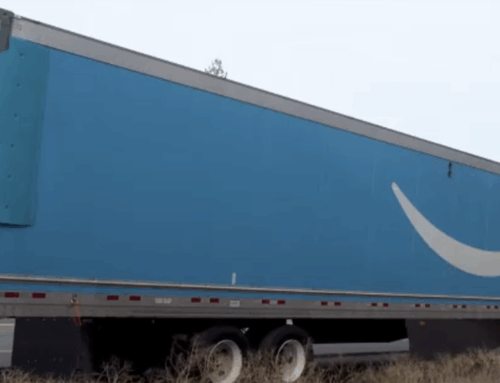Environmental groups sue over Louisiana air pollution monitoring law
May 22, 2025
A group of environmental advocacy organizations across Louisiana filed a federal lawsuit against the state on Thursday over a law that they say “effectively bans” community groups from publicly sharing their air pollution monitoring findings or advocating for redress.
Filed in U.S. District Court for the Middle District of Louisiana in Baton Rouge, the lawsuit opposes the Louisiana Community Air Monitoring Reliability Act, signed by Gov. Jeff Landry last year. The law requires community groups to use the latest Environmental Protection Agency air monitoring equipment in order to allege violations of the Clean Air Act or other laws.
Data produced solely from community air monitoring programs does not meet the standard alone to show that an industrial facility is violating a rule or permit, according to the state law.
Supporters of the law argue that it centralizes air monitoring standards, but opponents say it limits community groups from publicly discussing the data they collect from cheaper devices for fear of hefty fines.
Some groups, for instance, have stopped publishing their findings on social media due to these penalties, according to a press release from the Environmental Integrity Project.
“This new law is a blatant violation of the free speech rights of community members to use their own independent air pollution monitoring to raise alarms about deadly chemicals being released into their own homes and schools,” said David Bookbinder, the policy and law director at the Environmental Integrity Project.
The Louisiana Chemical Association argues that the law does not prevent community groups from collecting or sharing their data.
“Community members are fully free to raise concerns, publish findings, and engage with the public or agencies to promote awareness,” said David Cresson, president and CEO of the LCA. “This law ensures that any information used for formal action comes from certified, calibrated equipment and follows standardized procedures.”
The Louisiana Department of Environmental Quality said it does not comment on pending litigation. Louisiana Attorney General Liz Murrill did not respond to a request for comment.
‘Ignores scientific advancements’
The community organizations come from across the state but are mostly clustered in the area between New Orleans and Baton Rouge often dubbed “Cancer Alley” due to its high levels of air pollution and associated health risks. The groups are represented by two national organizations: Environmental Integrity Project and Public Citizen Litigation.
According to the advocacy groups, the EPA-approved air monitors permitted under Louisiana law can be thousands of times more expensive than more accessible models that still provide accurate data. Community groups often use a monitor to measure particulate matter that costs around $300 per unit, while a particulate matter monitor that qualifies under the law is nearly $59,000.
Peter DeCarlo, a professor of environmental health and engineering at Johns Hopkins University, argued that new technologies used by scientists “offer faster, more accurate, and more sensitive measurements of chemicals in the air we breath.” Sharon Lavigne, who runs the plaintiff organization RISE St. James, has relied on his research in her advocacy work.
“Limiting the use and sharing of data generated by these advanced measurements ignores scientific advancements and limits the protection of community health,” DeCarlo said in the press release.
The Inflation Reduction Act, former President Joe Biden’s flagship climate legislation, allotted $81 million nationwide for community air monitoring efforts “to ensure the sustainability of national air quality monitoring networks as a public asset.” Louisiana advocates say the state law counters the IRA’s work.
Micah 6:8 Mission, one of the plaintiffs in the case, has been monitoring pollution in Sulphur near the Westlake chemical plant after purchasing an emissions device through an EPA grant. The organization found that the area had unhealthy levels of particulate pollutions on most days, but has stopped posting their data on social media.
“Louisiana wants to silence us for doing what the state refuses to do — tell people what’s in the air they breathe,” said Cynthia Robertson, the executive director of the organization, according to the press release.
Penalties for violating the law can exceed $32,000 per day and an additional $1 million if the violation is deemed “intentional, willful, or knowing.”
Search
RECENT PRESS RELEASES
Related Post



